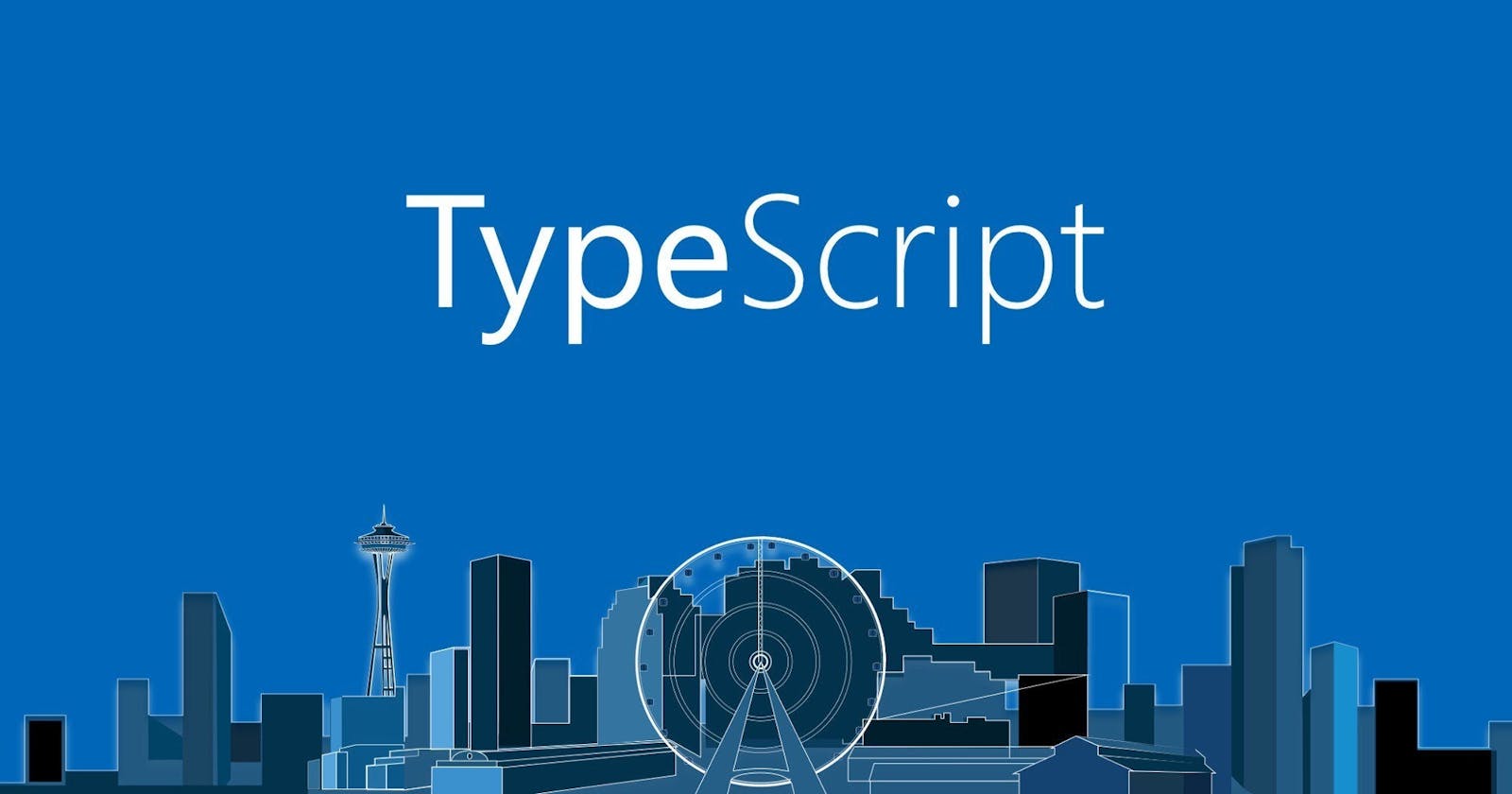TypeScript is an open-source programming language developed by Microsoft. It is a statically typed superset of JavaScript, which means that TypeScript code is a valid JavaScript code with some additional syntax and features. TypeScript provides better type checking, code readability, and maintainability to JavaScript projects. In this blog, we will discuss the key features of TypeScript and its benefits for developers.
Key Features of TypeScript
Static Typing: TyoeScript uses static typing, which means that the type of a variable is determined at compile-time, rather than runtime. This allows developers to catch errors easily in the development process and provides more accurate code completion and suggestion in an Integrated Development Environment(IDE).
Type Annotations: TypeScript uses type annotations to define the types of variables, functions, and parameters. Type annotations help developers to understand the expected type of a value and reduce the chance of errors.
Object-Oriented Programming(OOP) Support: TypeScript supports OOP concepts such as classes, interfaces, inheritance, and encapsulation. It provides a familiar syntax for developers coming from other OOP languages like C++ or Java.
ECMAScript Compatibility: TypeScript is a superset of ECMAScript, which means that it supports all the features of the latest version of JavaScript(ECMAScript 2022) as well as proposed features. This allows developers to use the latest JavaScript features while still maintaining backward compatibility.
Tooling Support: TypeScript has excellent tooling support, including code editors like Visual Studio Code, Sublime Text, and Atom. It also integrates with popular build tools like webpack and babel.

Benefits of Using TypeScript
Reduced Errors: TypeScript provides static typing, which reduces the chances of type-related errors, making the code more reliable.
Improved Code Quality: TypeScript code is more readable, maintainable, and scalable due to its use of type notations and OOP concepts.
Better IDE Integration: TypeScript provides better IDE integration and code completion, which improves developer productivity and reduces the time to write code.
Faster Development: TypeScript allows developers to catch errors easily in the development process, which reduces the time required for debugging and testing.
Better Collaboration: TypeScript code is more readable and understandable, which makes it easier for multiple developers to collaborate on a project.
Easy Migration: TypeScript is easy to integrate into existing JavaScript projects, making it easier to TypeScript gradually.
Conclusion
TypeScript is a powerful programming language that provides static typing, OOP support, and tooling integration, making it an excellent choice for building large-scale JavaScript applications.
TypeScript provides numerous benefits, including reduced errors, improved code quality, better IDE integration, faster development, better collaboration, and easy migration. If you are a JavaScript developer, it's worth giving TypeScript a try to see how it can improve your development experience.

